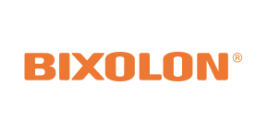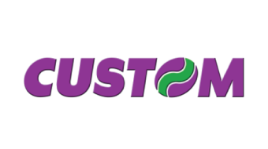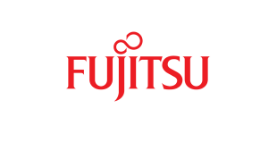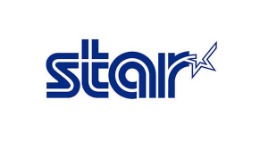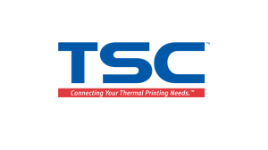POS (Point of Sale) machine is a device used in retail and hospitality businesses to manage the sales process at the point where the transaction is completed. It serves as a critical component for facilitating the purchase and sale of goods or services. POS machines typically combine both hardware and software components to carry out a variety of functions essential for the business operations.
Hardware Components
The hardware of a POS machine can include:
- Terminal: A computer or tablet that runs the POS software.
- Receipt Printer: To print customer receipts or orders for kitchen use in restaurants.
- Cash Drawer: For storing cash payments.
- Barcode Scanner: To quickly input products into the sale system by scanning.
- Card Reader: For processing credit/debit card payments or mobile payments.
Software Components
The software of a POS machine is designed to handle various tasks such as:
- Sales Management: Processing sales transactions, returns, and exchanges.
- Inventory Management: Tracking stock levels, reordering products, and managing suppliers.
- Customer Management: Storing customer information for loyalty programs and personalized marketing.
- Reporting and Analytics: Providing insights into sales trends, inventory needs, and customer preferences.
- Employee Management: Tracking employee hours and sales performance.
Benefits
Using a POS machine offers several advantages:
- Efficiency: Streamlines sales transactions, making the process quicker and reducing wait times for customers.
- Accuracy: Reduces human error in pricing, calculating totals, or managing inventory.
- Insights: Generates valuable data that can help in making informed business decisions.
- Versatility: Supports various payment methods, enhancing customer convenience.
- Security: Offers features that protect against theft and fraud.
In essence, a POS machine is more than just a tool for processing payments; it's a comprehensive solution that supports various aspects of business operations, from sales tracking and inventory management to customer relations and business analytics, facilitating smoother, more efficient business processes.






